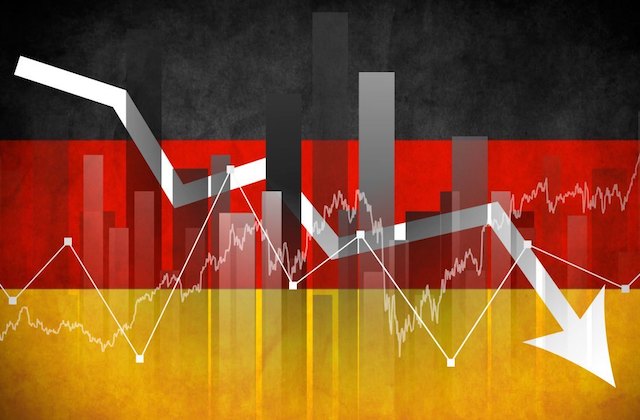Banca March: Yesterday confirmed the entry into recession of the German economy in 2023. Germany’s GDP fell by 0.3% for the year as a whole, after +1.8% in 2022, hurt by high inflation, rising interest rates and high energy costs. We highlight the negative performance of industry, down 2%, despite the positive contribution of the automotive sector and the manufacture of other transport equipment. There was also minimal growth in construction activity, up 0.2%, affected by the deterioration of financial conditions and the high cost of materials.
Also noteworthy was the fall in household consumption, down by 0.8%), weighed down by the price effect, and the decline in public spending, which fell 1.7% for the first time in two decades. As for the external sector, exports fell, but at a slower pace than imports down by 1.8% against -3%, resulting in a positive trade balance. The German public deficit was 2% at the end of the year, an improvement on the 2.5% of the previous year and in compliance with the 3% established in the Stability and Growth Pact. In short, weak data – its worst year since 2009 excluding 2020 – confirms the stagnation of the German economy, a trend that is likely to continue in 2024.





